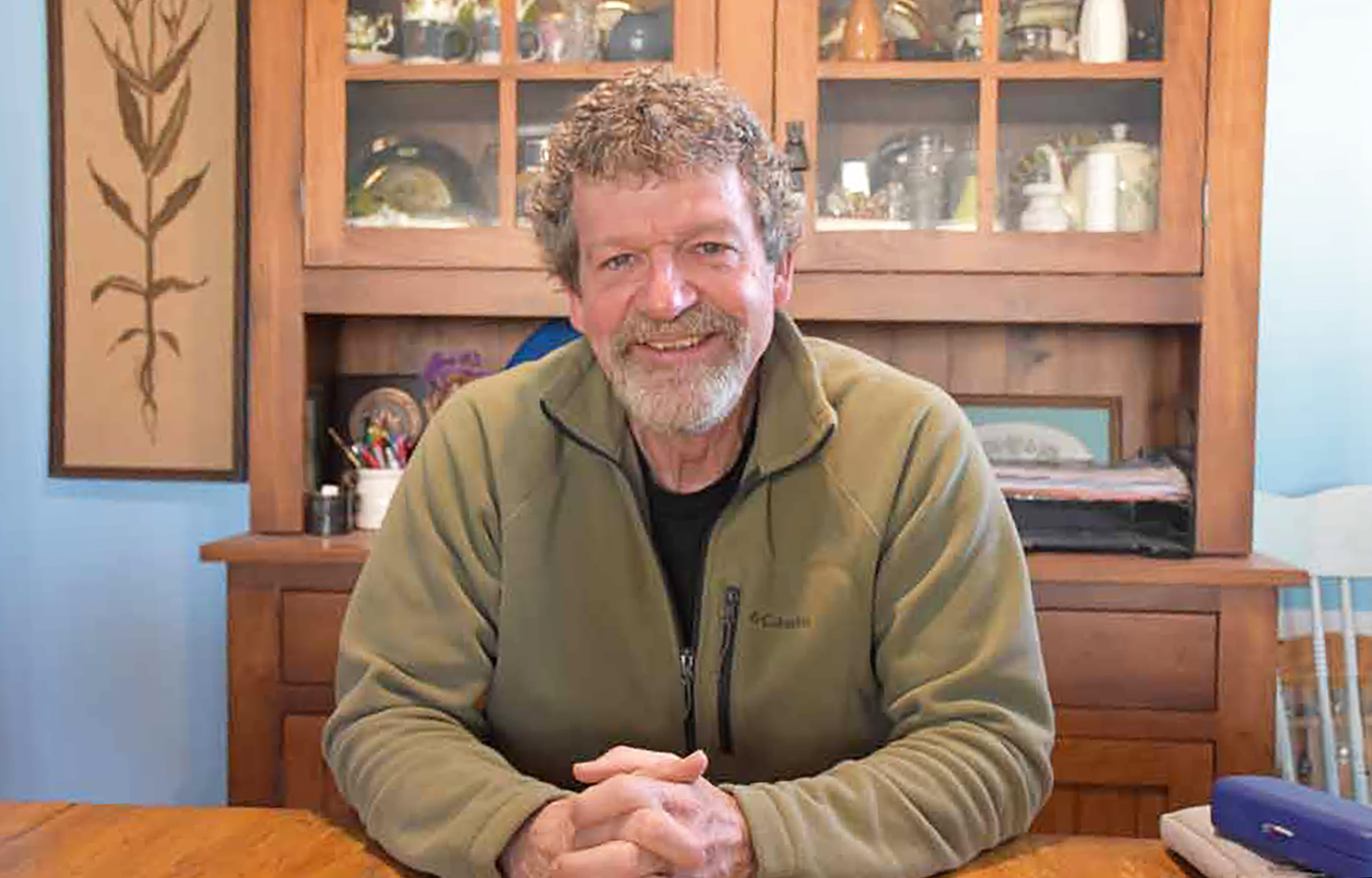CENTRE WELLINGTON – Officially, Raymond Soucy retired as executive director of the Centre Wellington Community Foundation on Feb. 1, and there was a swanky send-off for him on March 5.
In reality, he’s been easing out of the job for a few months after eight years at the reigns.
And now that he’s handed over the keys and passwords to new executive director Judy Foster, Soucy is ready to get on with the next phase of his life.
But first, some history.
Soucy, who lives in Fergus, was a senior executive in the computer industry for some 25 years when the company he worked for was bought out and he found himself downsized right out the door.
“I was in my early 50s and I had done it all” in the computer business, he said in an interview.
“I started wondering if I could use the same skills and do something locally.”
In his off-hours, Soucy is a volunteer with the Elora-Cataract Trail Association and on the board of Hike Ontario.
The Centre Wellington Community Foundation was working on its first Vital Signs report and approached Soucy to provide input on the value of trails.
That’s how he became familiar with the foundation and what it does. And that got him thinking, maybe he could work there.
Community foundations are grant-making public charities that oversee endowment funds, granting the interest to local non-profits and reinvesting the principle.
It’s a long game and takes many years before the original money starts earning interest to any substantial degree.
By getting to know other community organizations and what they do, the foundation is able to allocate grants based on community need.
The Centre Wellington foundation started in 2009 and began providing grants in 2011.
It has since issued 235 grants totaling $1.72 million, as well as $150,000 in social impact investing.
“It’s all about the long term,” Soucy said. “We look beyond the four-year election cycle. We also build relationships within the community.”
Community foundations also write Vital Signs reports based on local knowledge and data.
“Local data gathered through the program is used to support evidence-based, locally relevant solutions to improve the quality of life at the community level,” reads a statement on the Community Foundations of Canada website.
“Vital Signs aims to inspire civic engagement, to provide focus for public debate, and to help a range of actors take action and direct resources where they will have the greatest impact.”
The Centre Wellington foundation has now written two reports, the latest completed about 18 months ago.
“It’s a fascinating process,” Soucy said, adding it takes about 18 months to choose the topics, consult with local non-profit groups, compile the data and write the report.
“It builds your knowledge of the community, and many people get to know us better through the process too,” he added.
The most recent Vital Signs report was focused on food. Soucy said about 20 organizations contributed to the report and have continued to meet with each other monthly.
“A lot of organizations work in silos. They don’t know what others are doing,” he said.
“But everything stems from partnerships. That’s the part I like – bringing people together and becoming a partner with these organizations.”
During COVID, some federal dollars were funnelled through community foundations and Soucy administered those dollars for organizations in Centre Wellington and also for Minto, Mapleton and Wellington North.
Even before federal money flowed, the foundation reached out to local organizations to learn what they needed.
The Community Recovery Fund was pulled together, and the first grants were given within the first 18 days of lockdown.
“It was about helping the organizations themselves to adjust,” Soucy said.
“One organization grew (in demand for services) by 50 per cent. How do they deal with that? That’s what this fund was about.
“And we really punched above our weight,” he continued. “There was great satisfaction in doing that.”
He came to the foundation with a list of tasks he hoped to accomplish and eight years later, he’s completed his list.
It’s time to pass the baton, so to speak, and let someone else bring their vision for the foundation to life, he said.
Soucy intends to remain active in the hiking community and because of his background in computers, is interested in helping people who’ve been the victim of online scammers.
“We are proud of Raymond’s tremendous contribution to CWCF and our whole community,” stated foundation board chair Randall Howard in a press release.
“With limited resources, he has nimbly grown our assets, reach and impact.”




